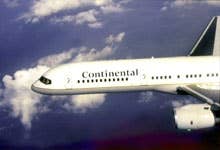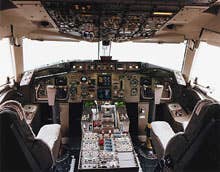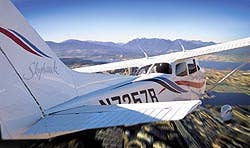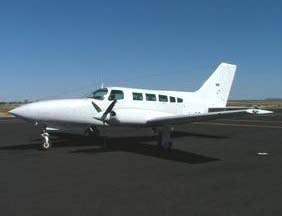Military Eye Surgery Affecting The Pilot Pool
Fighter pilots in the U.S. military are finding that the widespread availability of laser eye surgery is affecting their careers. Midshipmen at the Naval Academy all are offered free eye surgery, and in the last few years as many as one-third of them had it done. The Navy uses a procedure that grinds the cornea into shape, different from the Lasik approach generally used by civilians, which cuts a flap into the eye surface. The military method is considered more stable and less likely to cause problems for pilots operating at high altitudes and subjected to G forces. The widespread acceptance and availability of the procedure is having profound effects on the military that extend beyond the pilot pool, The New York Times reported over the weekend.
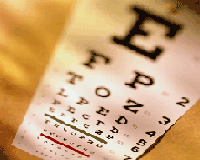
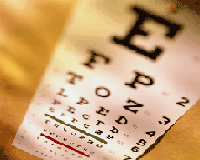 Fighter pilots in the U.S. military are finding that the widespread availability of laser eye surgery is affecting their careers. Midshipmen at the Naval Academy all are offered free eye surgery, and in the last few years as many as one-third of them had it done. The Navy uses a procedure that grinds the cornea into shape, different from the Lasik approach generally used by civilians, which cuts a flap into the eye surface. The military method is considered more stable and less likely to cause problems for pilots operating at high altitudes and subjected to G forces. The widespread acceptance and availability of the procedure is having profound effects on the military that extend beyond the pilot pool, The New York Times reported over the weekend. Traditionally, the high-ranking candidates who washed out of flight school due to poor vision were recruited into the submarine corps, and those positions now are harder to fill, the Times said. Aging fighter pilots now can qualify to fly for more years, which reduces recruiting and training costs for the military, but shrinks opportunities for new pilots. The easy availability of the procedure also increases competition for training slots. Last year, of the 310 midshipmen competing for 272 flight training slots, 104 had laser eye surgery, according to the Times. "If we didn't have [laser surgery], where would those 104 midshipmen have gone?" said Capt. Michael Jacobsen of the Naval Academy. "Tough to say, but we know they wouldn't have gone into flight training."
Fighter pilots in the U.S. military are finding that the widespread availability of laser eye surgery is affecting their careers. Midshipmen at the Naval Academy all are offered free eye surgery, and in the last few years as many as one-third of them had it done. The Navy uses a procedure that grinds the cornea into shape, different from the Lasik approach generally used by civilians, which cuts a flap into the eye surface. The military method is considered more stable and less likely to cause problems for pilots operating at high altitudes and subjected to G forces. The widespread acceptance and availability of the procedure is having profound effects on the military that extend beyond the pilot pool, The New York Times reported over the weekend. Traditionally, the high-ranking candidates who washed out of flight school due to poor vision were recruited into the submarine corps, and those positions now are harder to fill, the Times said. Aging fighter pilots now can qualify to fly for more years, which reduces recruiting and training costs for the military, but shrinks opportunities for new pilots. The easy availability of the procedure also increases competition for training slots. Last year, of the 310 midshipmen competing for 272 flight training slots, 104 had laser eye surgery, according to the Times. "If we didn't have [laser surgery], where would those 104 midshipmen have gone?" said Capt. Michael Jacobsen of the Naval Academy. "Tough to say, but we know they wouldn't have gone into flight training."


